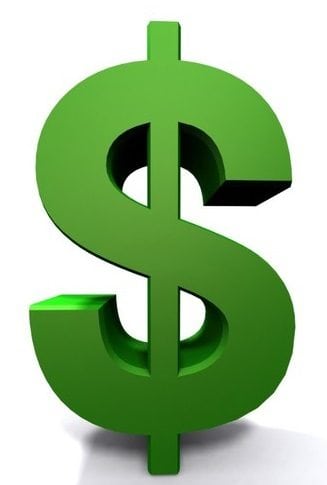B.C.’S lowest-paid workers will earn a $15-an-hour minimum wage by June 2021, Premier John Horgan announced on Thursday, endorsing the recommendations of the Fair Wages Commission.
“Regular, predictable increases to our minimum wage are one important way we can make life more affordable for people,” said Horgan.
“For too long, the lowest-paid workers in our province have been left to fall behind, with their wages frozen for a decade at a time. That’s not fair and it’s not right. Like all British Columbians, our lowest-paid workers deserve a fair shake and a fair wage.”
The plan to reach $15 an hour provides for an immediate increase of $1.30 an hour on June 1 to a new minimum wage of $12.65 an hour. Additional increases will take place on June 1 of each year for three more years. By June 2021, B.C.’s minimum wage will rise to at least $15.20 an hour.
The June 1 wage increase will benefit 94,000 minimum-wage earners, while increasing the minimum wage to over $15 an hour on June 1, 2021, will benefit 400,000 workers throughout the province. The commission’s scaled approach will allow businesses and employers to plan for predictable and stable increases to wages over time.
“Freezing the minimum wage for 10 years hurt people, and then increasing it in a sporadic and unplanned way hurt businesses. We are taking a balanced approach that will work better for everyone, by bringing in measured and predictable increases over time,” said Harry Bains, Minister of Labour. “I’m thankful for the incredible work done by the members of the Fair Wages Commission, who worked together to come up with a fair path forward.”
Green Party Leader Andrew Weaver said: “We proposed the Fair Wages Commission with the goal of depoliticizing the process of setting minimum wage in B.C.
“We support raising the minimum wage: ultimately, all British Columbians should have livable incomes. We know that our economy will be made even stronger when people can afford to live where they work, have adequate income and time to spend with their families and on their health, and have disposable income to help fuel local businesses.
“I am glad that a key recommendation of the report is to establish a permanent commission to keep politics out of minimum wage discussions, and I strongly urge the government to commit to this recommendation. This commission should be empowered with the explicit mandate of analyzing the impacts of minimum wage increases and recommending changes going forward based on evidence.
“It is essential that we ensure changes to the minimum wage are done within the broader context of the changing economy, and in a responsible way that minimizes adverse effects while maximizing benefits to British Columbians. As we move towards the goal of livable incomes for all British Columbians, we must put evidence first and proactively address the changes on the horizon. We look forward to working further with the government to explore innovative solutions, such as basic income, to the growing issues of precarious work and technological automation.”
The Fair Wages Commission was established in October 2017 as an arm’s-length government body to help guide public engagement on how B.C. should achieve a $15-an-hour minimum wage, and also the timeline for implementation. In a report delivered to government in January 2018, following public consultations and receipt of research and submissions, the commission recommended four minimum wage increases over four years.
The Fair Wages Commission recommended the following schedule of increases:
- June 1, 2018: $12.65 an hour ($1.30 increase)
- June 1, 2019: $13.85 ($1.20 increase)
- June 1, 2020: $14.60 ($0.75 increase)
- June 1, 2021: $15.20 ($0.60 increase)
Depending on economic conditions, the commission recommended that government consider of an additional hourly increase of up to $.20, to $15.40 an hour in 2021.
Quick Facts:
- Minimum wage was first initiated in B.C. in 1918.
- The current minimum wage is $11.35 an hour, and applies to 4.8% of employees in B.C.
- Over 20% of all workers in B.C. earn less than $15 an hour.
- Of those earning less than $15 an hour, 52% are over age 25, more than three-quarters are not students, 61% are in coupled families, and over 51% have gone to college/university.
- B.C. has the lowest unemployment rate in Canada, the strongest job growth and a rising labour force participation rate. Total employment rose by 3.6% in 2017, twice the national pace. Private sector hiring is particularly strong, growing 4.4% last year. Yet, B.C. is a low-wage province and average wages are below the national average.
- 46% of minimum-wage earners work for small firms (under 100 staff), while 54% work for large employers.
- The four increases between 2018 and 2021 represent a 34% increase over four years.












